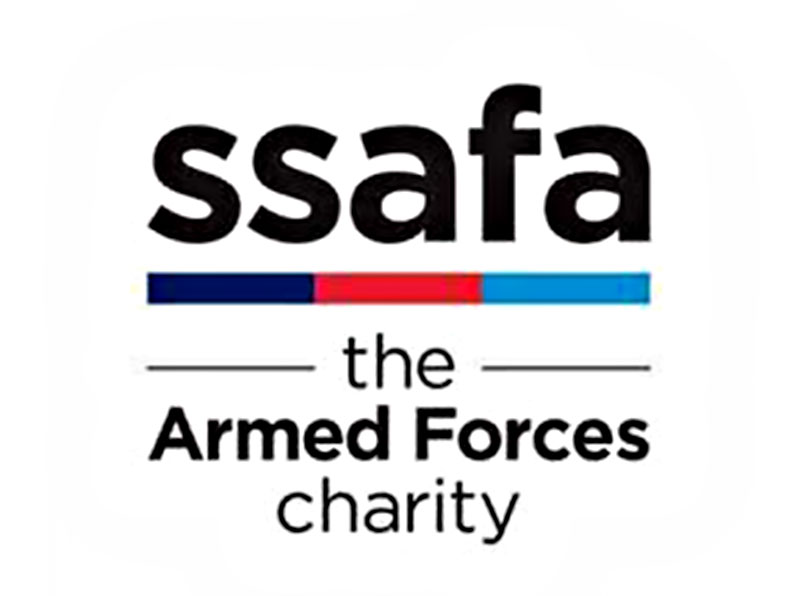A talk by Mike Hodson
The work of the Soldiers’ Sailors’ and Airman’s Families Association was the subject of Mike Hodson’s talk in the Library on March 13th. As a former soldier, Mike felt it was important for us to understand the way of life of military personnel so that we could relate to the potential problems faced by servicemen and women when they leave the armed services.
In his own case his itinerant lifestyle meant that he moved 27 times in 32 years, including tours in Northern Ireland, the Falklands and with the United Nations. As a married man with 3 children it meant his children had to board in England.
SSAFA was founded in 1895 as The Soldier’s and Sailor’s Families Association and is the oldest military charity. Its title was expanded in 1919 following the formation of the Royal Air Force. It was formed to look after families left behind when troops went overseas, and it still has the well-being of families at the heart of much of what it does. Its values are Commitment, Understanding, Integrity and Compassion. In WW2, the motto was “We’ll look after them”. Only one day’s service is sufficient to entitle a serviceman or woman to all that SSAFA can offer.
There are five regional ‘hubs’, and within these are largely autonomous county branches. They are all run by unpaid volunteers, most of whom will be former serving personnel. Recent figures show there were more than 4000 trained volunteers, and in Somerset, caseworkers helped 15,531. Last year, SSAFA helped more than 59,000 people in need.
There is a wide range of support that can be offered. Last year, Forcesline received 3,300 calls. It provides emotional support and a listening ear to those in the Armed forces who are feeling lonely or isolated or who are struggling to cope with everyday life.
Within the Charity is FANDF—the Forces Additional Needs and Disability Forum. It is a tri-service group for Serving personnel, reservists, and their families who have a child or immediate family member with an additional need and/or disability.
There is a support service for veterans within the Criminal Justice System, providing non-judgemental holistic advice and assistance.
The mentor programme provides one-to-one, long-term, face-to-face support during transition and for up to two years post-discharge. There are three dedicated support groups for those affected by bereavement, suicide or for families of those who have been wounded. Locally, SPARK has provided considerable support and assistance, and it has a close partnership with MIND.
The age of those helped by SSAFA ranges from people in their 20s to some in their 80s, and for many, that help might be practical/financial support – a new fridge, a new bed. For others, it might be accommodation. The local branch can provide these immediately.

